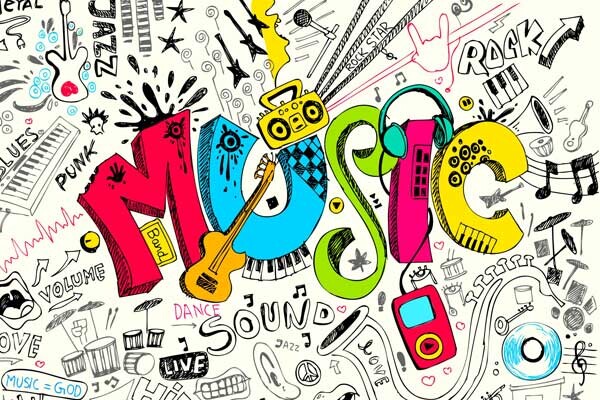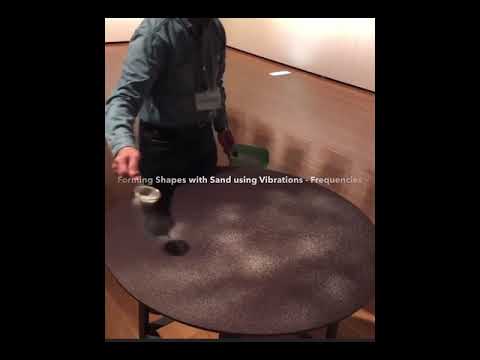
“Music has the ability to crack your heart open like a walnut; it can make you cry over sadness you didn’t know you had. Music can slip beneath our conscious reality to get at what’s really going on inside us the way a good therapist does.” ![]()
Inspiring words from Karl Paulnack, pianist and director of music division at Boston Conservatory, which he gave during a welcome address to the parents of incoming Freshman students.
It’s well worth taking 5 minutes out of your day to listen to the whole speech. Here’s my take…
Have you ever gone through a difficult time and have a song bring, comfort, healing, hope, or catharsis? I know I have many times. It’s mysterious the way invisible vibrations can impact us…
“The Greeks said that music and astronomy were two sides of the same coin. Astronomy was seen as the study of relationships between observable, permanent, external objects, and music was seen as the study of relationships between invisible, internal, hidden objects. Music has a way of finding the big, invisible moving pieces inside our hearts and souls and helping us figure out the position of things inside us.”
And have you ever seen the way musical vibrations create geometrical patterns in sand?!
The unexpected beauty we see in these patterns is a great illustration of how music moves us in unexpected ways. Paulnack goes on to say:
“I have come to understand that music is not part of “arts and entertainment” as the newspaper section would have us believe. It’s not a luxury, a lavish thing that we fund from leftovers of our budgets….Music is a basic need of human survival. Music is one of the ways we make sense of our lives, one of the ways in which we express feelings when we have no words, a way for us to understand things with our hearts when we can’t with our minds.”
My point here is to encourage you: KEEP PLAYING MUSIC! There might be voices inside of your head, or inside of your home, telling you to quit. The resistance an artist must overcome internally and externally is formidable, as Steven Pressfield writes about cogently in his book The War of Art.
To play music is an act of resistance against all the troubling news we constantly have to face in our lives and in our world. Music takes negative experiences and transforms them into something that brings unity, hope, and beauty into the chaos.
So, as I often say at the end of my videos:
Keep on playing the harmonica, and making the world a better place.







